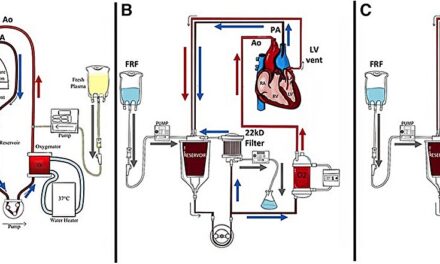Parkinson’s disease, a progressive neurodegenerative disorder predominantly affecting individuals over 60 years old, may be influenced by deficiencies in two crucial B vitamins, according to a recent international study. Conducted across five countries, the research focused on the gut microbiota of Parkinson’s patients, revealing significant reductions in bacteria responsible for producing vitamins B2 (riboflavin) and B7 (biotin).
Published in the journal npj Parkinson’s Disease, the study conducted by scientists from Nagoya University Graduate School of Medicine in Japan underscores the potential role of these vitamin deficiencies in exacerbating neuroinflammation, a hallmark of Parkinson’s disease. Despite variations in gut microbiota across different regions, the study consistently found diminished levels of riboflavin and biotin-producing bacteria among Parkinson’s patients compared to healthy controls.
Parkinson’s disease, which affects more than 8.5 million people globally, has seen a sharp rise since 1990, with factors such as age, gender (men being 50% more susceptible than women), genetics, and environmental toxins contributing to its prevalence. Symptoms, stemming from the degeneration of nerve cells in the brain’s basal ganglia, include tremors, muscle rigidity, slowed movements, and various non-motor symptoms.
The study utilized advanced shotgun sequencing techniques to analyze fecal samples from 94 Parkinson’s patients and 73 controls, revealing distinct microbial genetic profiles linked to vitamin B deficiencies. These vitamins are essential for energy metabolism, immune function, and possess anti-inflammatory properties, all crucial in mitigating neuroinflammation observed in Parkinson’s disease.
Dr. Michael S. Okun, not involved in the study but an expert in neurology, commented on the findings, noting the potential impact of diet and geographical variations on gut microbiota composition and vitamin synthesis.
While the study highlights a promising avenue for future research into therapeutic interventions involving vitamin supplementation, experts caution that further investigation is needed to validate these findings and understand their clinical implications fully.
The findings suggest a compelling link between gut microbiota composition, vitamin deficiencies, and Parkinson’s disease progression, pointing towards potential avenues for targeted treatments aimed at modulating gut health to alleviate neuroinflammation and its debilitating effects on patients’ quality of life.












